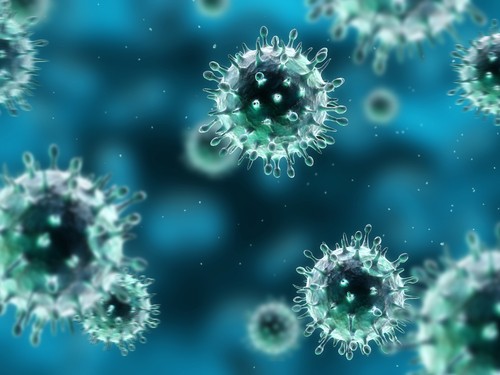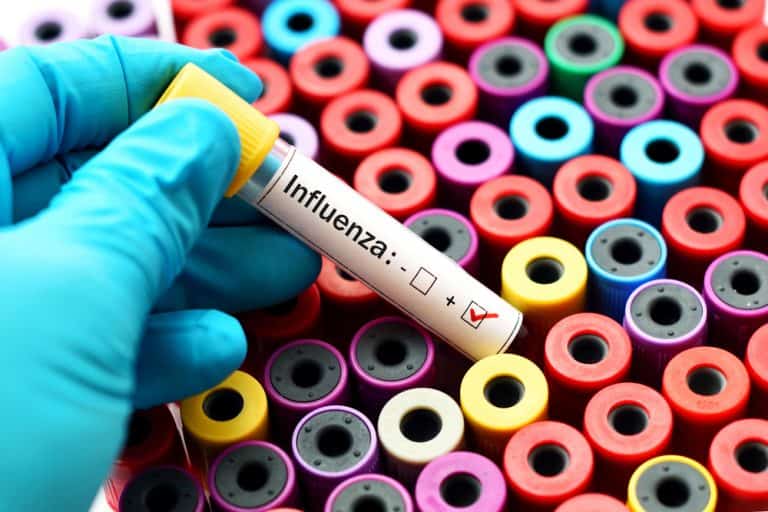Viruses are strange creatures. Biologists have struggled with how to relate them to the conventional tree of life. They are complicated organic matter, either living or non-living. However, they can be found wherever there is life. Take a look at some facts about viruses and discover how peculiar agents they are:
What does Virus Mean?
The Virus comes from the Latin word for “poison”. Virus, an infectious agent of small size and simple composition that can multiply only in living cells of animals, plants, or bacteria.

The Genetic Formation of Virus
The genetic information of viruses can be DNA or RNA; single or double-stranded; one molecule or in pieces.
Viruses are neither Alive nor Inanimate
They are inanimate complicated organic matter. They lack any form of energy, carbon metabolism, and cannot replicate or evolve. Viruses reproduce and grow only within host cells.
What do Viruses Infect?
Viruses are known to infect animals, plants, fungi, protozoa, archaea, and bacteria. They can actually infect other viruses, too.

How it Spreads?
Due to their simple structure, viruses need a host cell to move or even reproduce. How viruses spread from person to person depends on the type. Some spread through airborne, for example, through cough or sneeze. Some viruses travel through an intermediary, like a mosquito or bug, which then infects people by biting them.
Good or Bad? Or Both?
It is an interesting fact that half of all human DNA originally came from viruses, which infected and embedded themselves in our ancestors’ egg and sperm cells. In that sense, we are closely related. However, it is suggested that other viral relics in our genomes may play a role in autoimmune diseases and certain cancers.
Science’s Little Helper
Viruses can be used to uncover prehistoric migration patterns. For example, modern distribution of HTLV suggests that Japanese sailors were the first people to reach the Americas, long before Siberians crossed the Bering Strait.
How to Prevent
Hygienic factors such as efficient sanitation facilities, effective waste disposal, clean water, and personal cleanliness are effective in the prevention of the spread of many viral diseases. Active immunization by vaccines has also been useful in preventing common epidemics caused by acutely infectious viruses.

Anti-Viral Treatment
Antibiotics are not effective against viruses. Antiviral drugs cannot destroy viruses, they treat the viral infection by shutting off the replication cycle. They should be prescribed by physicians.
If you want to boost your immune system, we strongly recommend that you join our get fit and healthy program.







